Hezbollah leader vows immediate response to any Israeli military aggression on Lebanon
The leader of the Lebanese resistance movement has dismissed recent threats issued by Israeli officials concerning possible military aggression on Lebanon, saying any Zionist strike will be met with an immediate response.
Hezbollah Secretary-General Sayyed Hassan Nasrallah made the remarks while delivering a speech on Wednesday after the Tel Aviv regime blamed the resistance movement for a bombing in northern Israel.
Nasrallah said a war in Lebanon could lead to "a war throughout the region."
He warned that "any Zionist aggression, whether military or security, that affects any area in Lebanon and any person, whether he is Lebanese, Palestinian or of another nationality, the resistance will definitely and quickly respond to it."
Nasrallah said the attack in the northern city of Megiddo on March 13 shows Israel is in its weakest position ever.
According to Israeli media reports, an Israeli was seriously injured when a man infiltrated Israel from Lebanon last week and planted a roadside bomb near the Megiddo junction.
Israel authorities recently claimed the suspected perpetrator of a roadside bomb attack could have been a Palestinian refugee from Lebanon. The suspect was shot and killed by Israeli forces in the aftermath of the bombing. Israel had not formally announced whether its investigation had confirmed the origins of the bomber.
Nasrallah also told Israeli officials to "go to the sea and do whatever you want" and stressed that Hezbollah is "not afraid to go into battle."
The Hezbollah chief said, "our silence is part of the psychological media war with the enemy."
"It is not our responsibility to answer what confuses the enemy, and sometimes our answer is in not commenting on the incident."
"It is not our responsibility to answer what confuses the enemy, and sometimes our answer is in not commenting on the incident."
Elsewhere in his remarks, Nasrallah pointed to the ongoing protests and internal political crisis in Israel. "The Israeli entity is in crisis, and there has not been in the history of this entity such weakness and debilitation as there is today."
In July 2006, Israel launched a full-scale war on Lebanon following the abduction of two Israeli soldiers on Lebanese territory. According to a 629-page report of the Winograd Commission, appointed by the Israeli regime itself, Hezbollah fighters involved in defending Lebanon against the Israeli war defeated the enemy, and Tel Aviv was compelled to withdraw without having achieved any of its objectives.
The Winograd Commission was set by former Israeli Prime Minister Ehud Olmert in September 2006 to examine the events during Israel’s 33-day war on Lebanon.
The 2006 war is not only seen as a complete military failure for Israel but a point of transition in the entire region. People in Lebanon look at it as a major victory that could even impact the outcome of the current US economic war on Lebanon.
UN Security Council Resolution 1701, which brokered a ceasefire in the 2006 war, calls on Israel to respect Lebanon’s sovereignty and territorial integrity.
VIDEO | Declared dead, found breathing: The miraculous survival of Najwa after Israeli bombing of Gaza
Israeli solar projects in West Bank expand illegal settlements: Report
Shift in multi-tier forex rate to improve economy
VIDEO | Press TV's news headlines
Zelensky’s name appears over 50 times in Epstein files: Opposition leader
Tehran rejects Trump’s riot death toll, demands proof
VIDEO | Police battle opposition protesters in Albanian capital
Israeli expansion across West Asia would be ‘fine’: US envoy


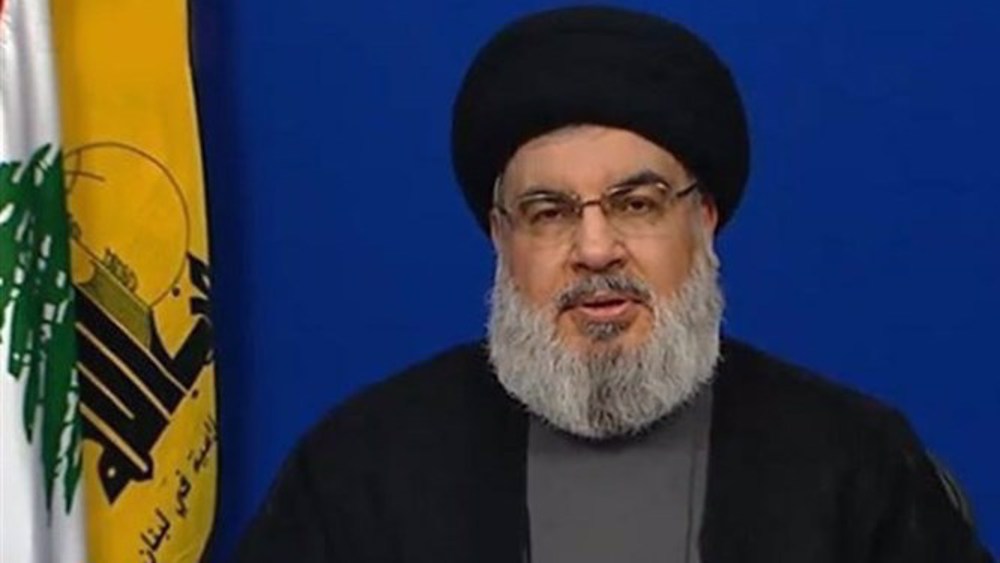
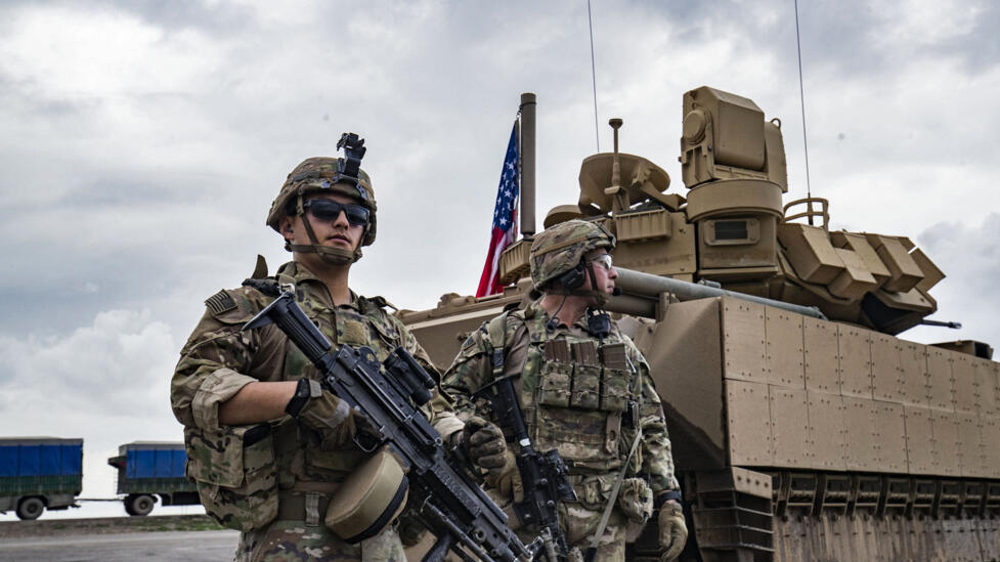
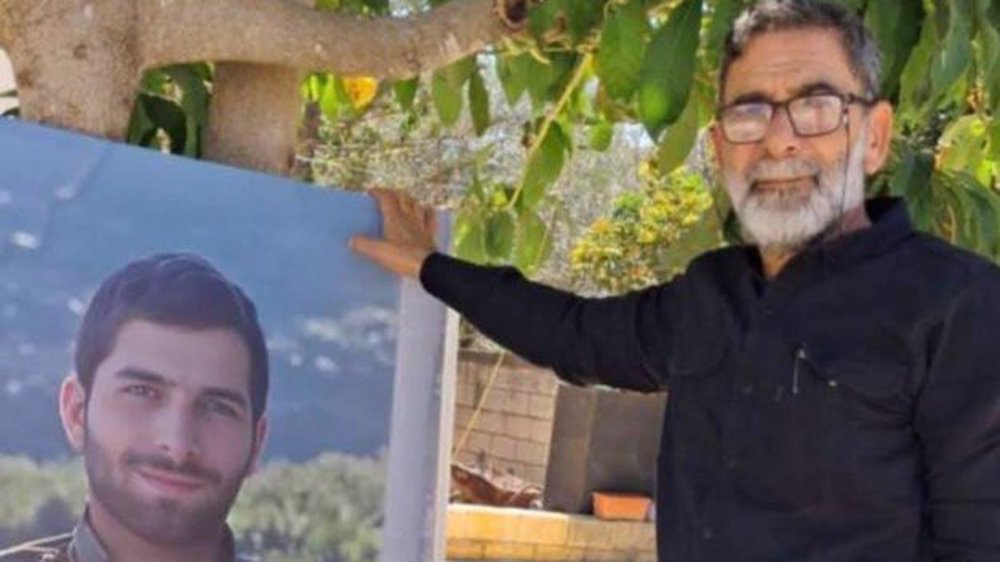
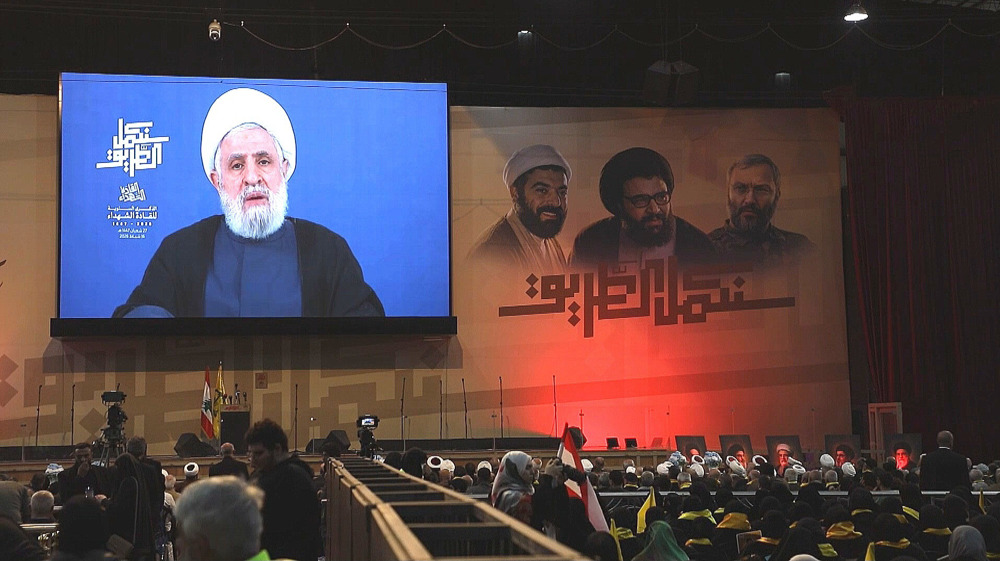



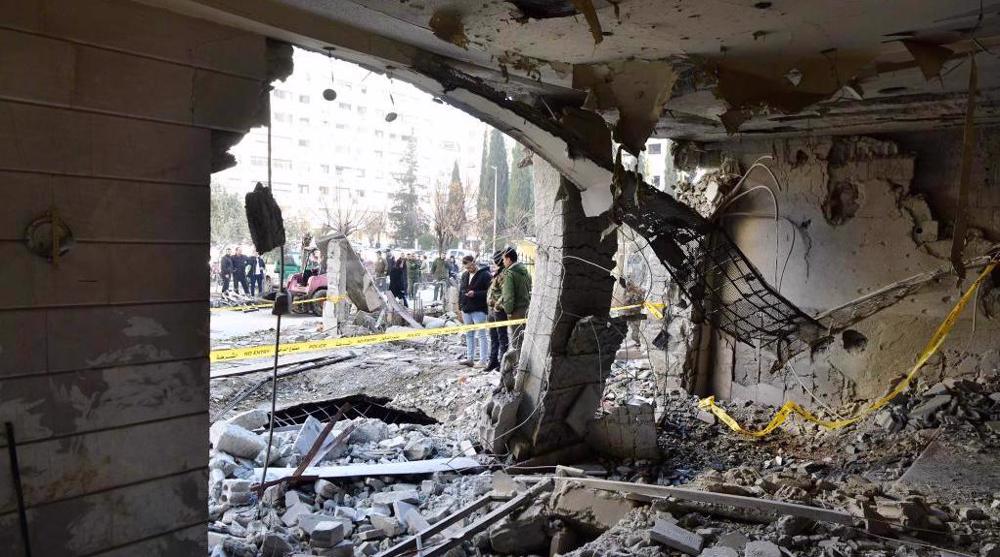
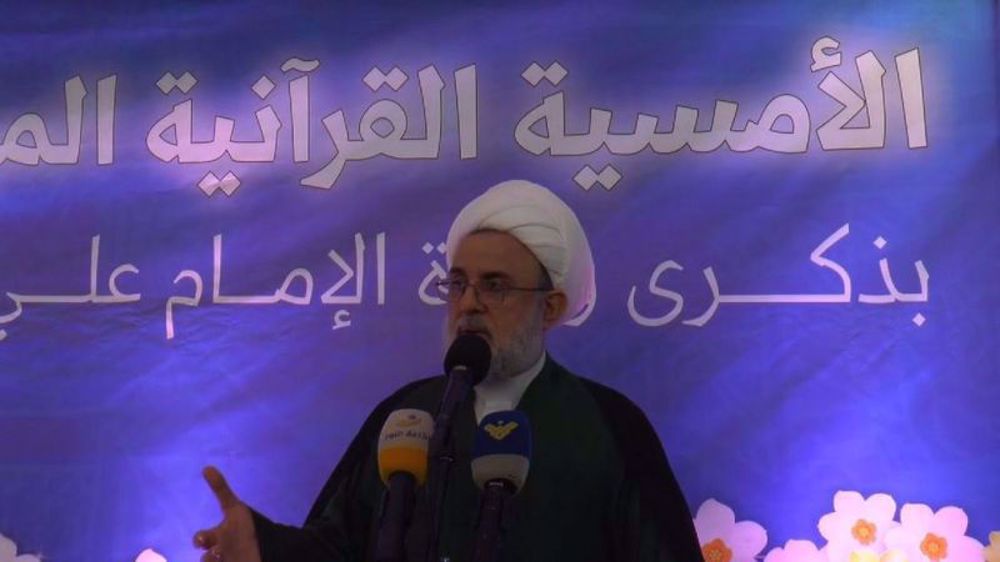
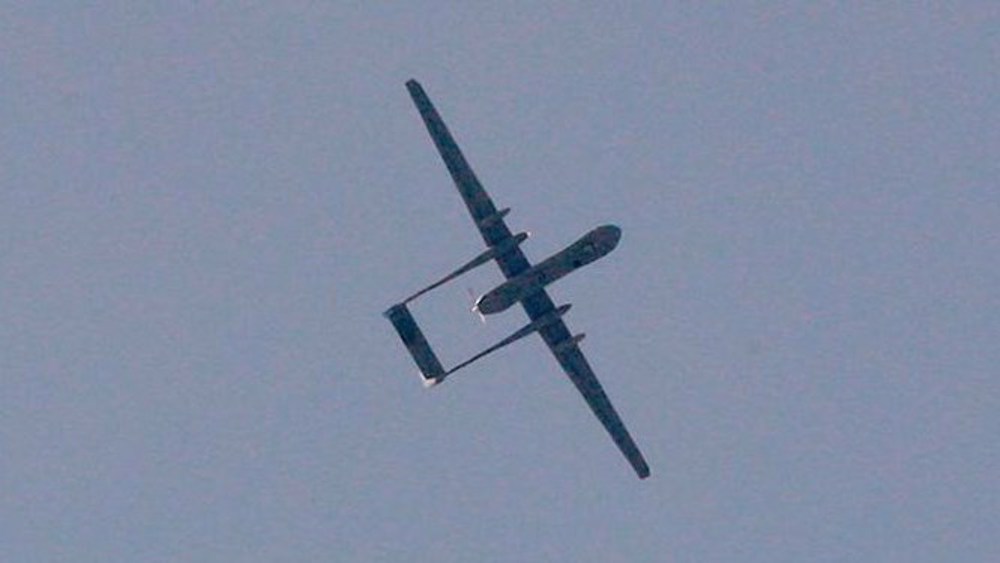
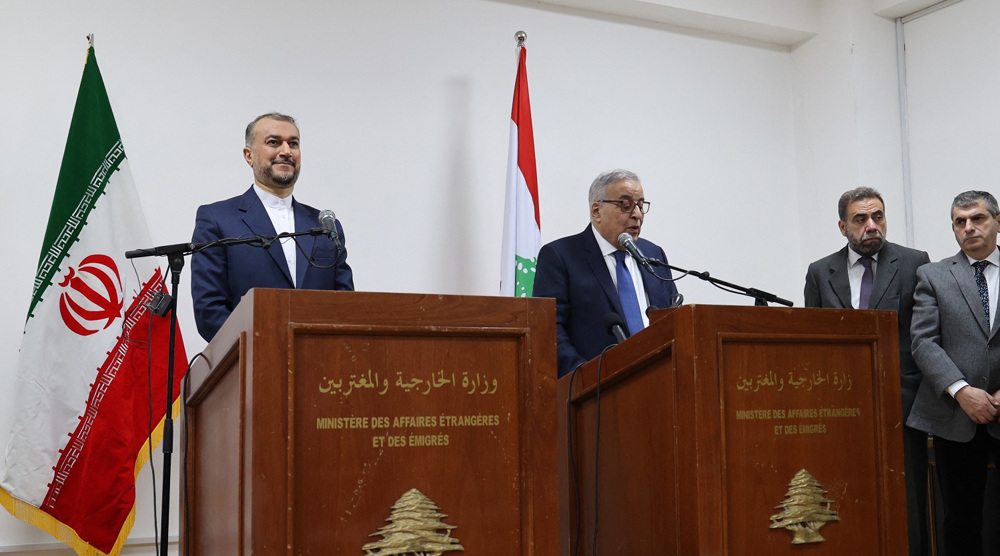

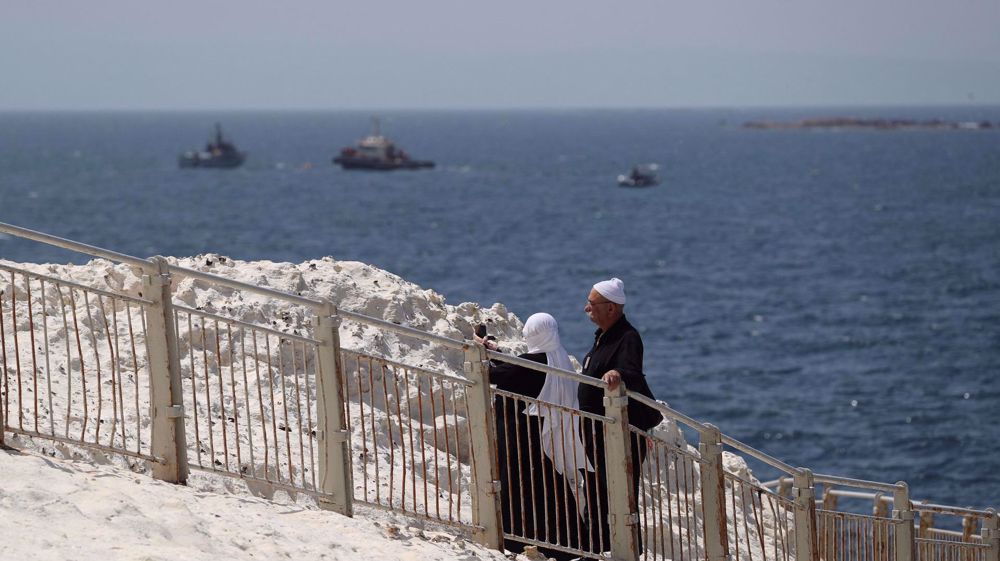
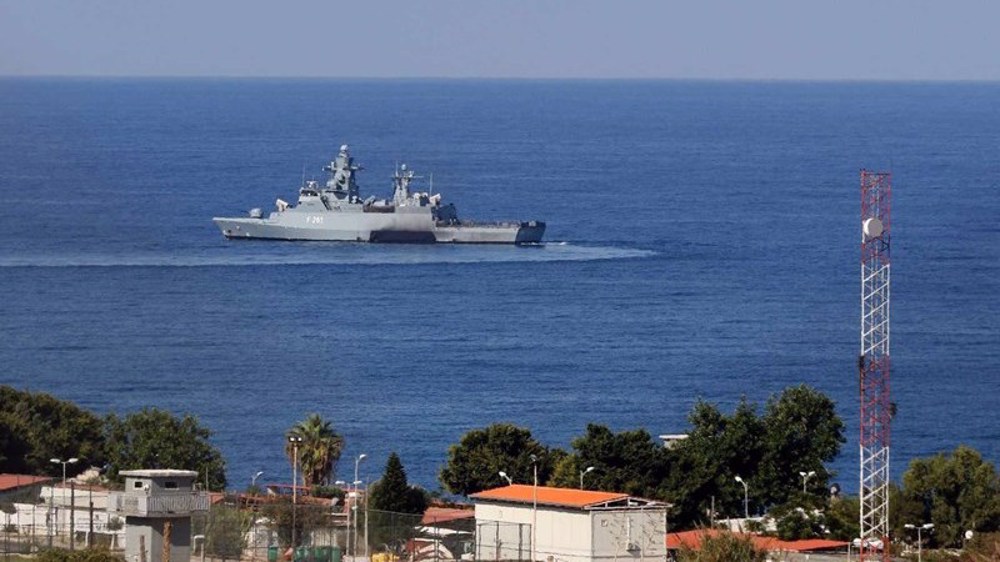
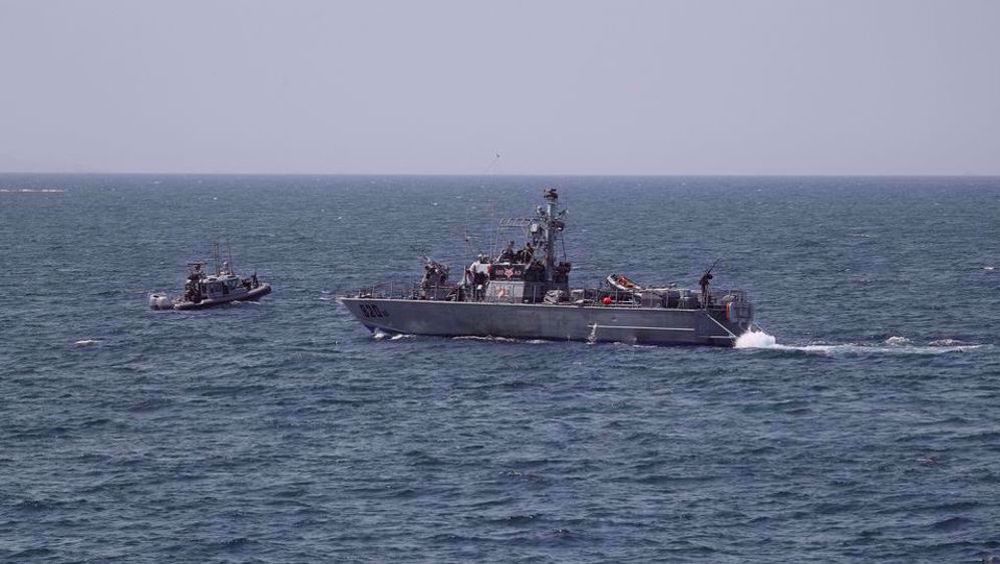

 This makes it easy to access the Press TV website
This makes it easy to access the Press TV website